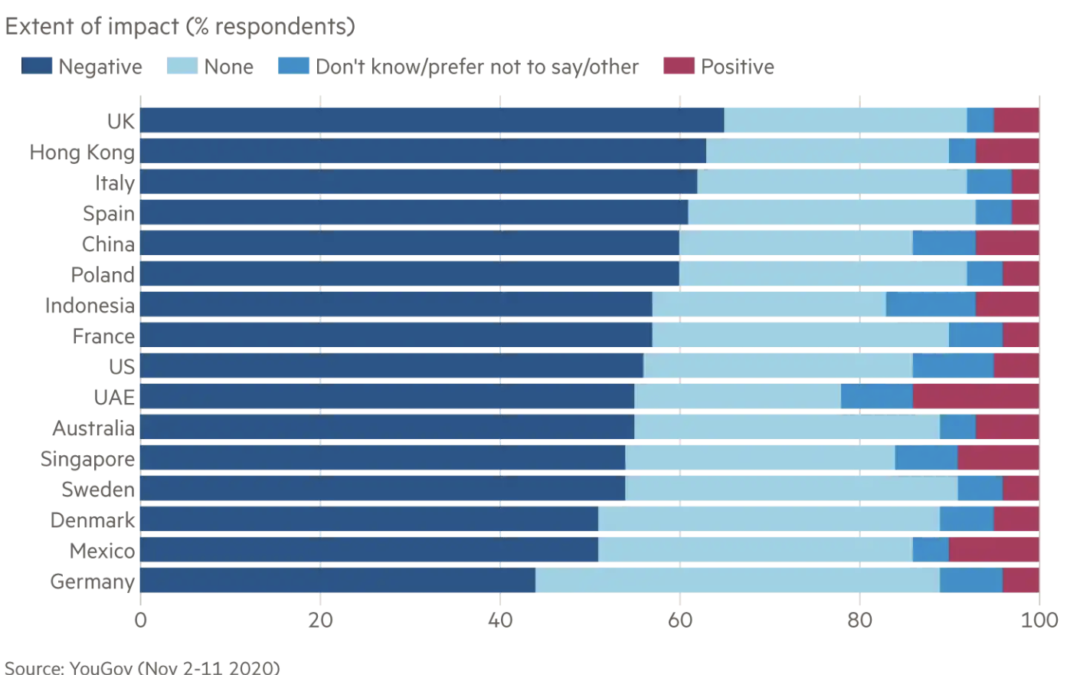I joined an eight-person Zoom call yesterday with a colleague who is technically on vacation. I lol’d, because obviously, joining a Zoom call with your colleagues doesn’t qualify as VACATION.
Then I promised this person I’d write about them in my newsletter. Not as reward for the behavior but because it’s not the first time lately I’ve been struck by the new reality of remote work. Also: Not judging.
In the new normal? You’re always on! Or at the very least, you’re always half on. You might be burned out and need a vacation. But you can always blur a work/life boundary for 15 minutes, at a push.
I’ve been consulting for a couple of years now, and it’s a lot better for my mental health. There are periods where I work less, and periods when I work more. I can squeeze in a break or two. And we’re having a baby next month. So: There’ll be plenty of opportunities to spend time with our new child. But Covid adds another dimension to the importance of self-care. The Financial Times published an interesting report this weekend about the mental health impacts of COVID, and it included first-person storytelling as well as statistics. Bottom line: Supportive messages about self-care are meaningless if they don’t address workloads. Add to that the stress of potential redundancy, and even if your employer is telling you to speak up, it’s a little tricky to tell them, “I’m exhausted.”
I’m all for us having this conversation more openly. And I’m a big fan of being honest when it’s time to take a break. Let me know how you’re staying sane during the pandemic? I could always use the tips.
I’m off to pick up the laundry. But maybe I should squeeze in a quick nap, first?
#WalkingTheTalk


